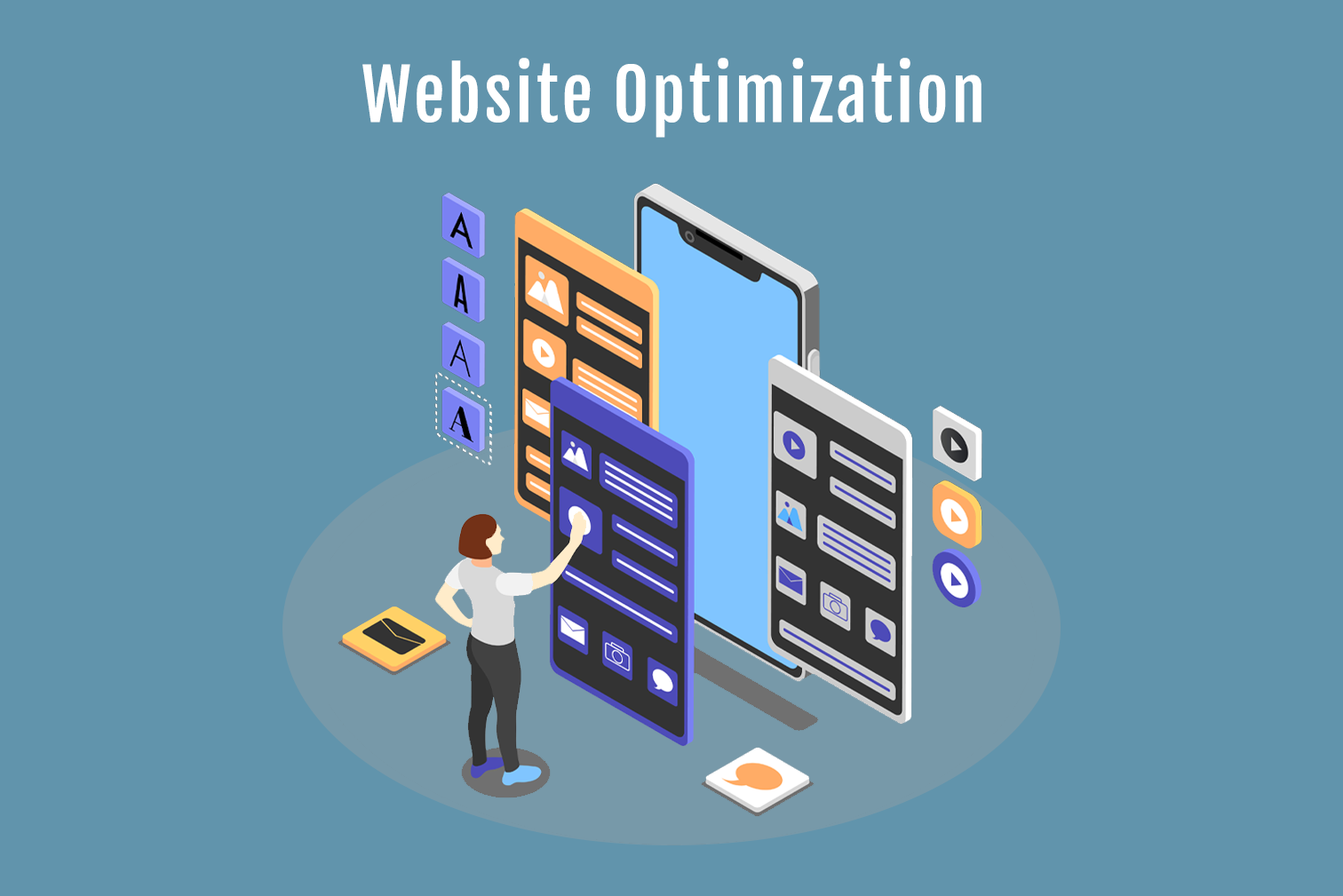Introduction:
Sometimes websites take forever to load, and when it takes too long, people walk away. Nobody likes a slow website, it's like standing in line at the coffee shop on Monday mornings. Slow websites have a negative impact on user experience, and that directly affects website performance.

What's causing your website to take longer to load?
The speed of a website is essential for providing a satisfactory user experience. If a website is slow to load, users can become frustrated. Factors that can affect website speed include the size and structure of the page, the optimization of images, the storage of frequently used files in the browser, and the response time of the server.
- The size of the page and the optimization of images can have an impact on website speed.
- Larger files can take a longer time to load, while image optimization can help to reduce the size of images and ensure that they do not impede the speed of the website.
- Additionally, browser caching can improve the speed of a website by storing frequently visited files.
- Lastly, the response time of a server can also affect website speed, as any delay in the response time can affect the speed of the web page.
All of these factors can be optimized to ensure that a website loads quickly, resulting in a more satisfactory user experience.
Tools for website speed optimization
Don't you just hate it when your website takes forever to load? Don't worry, there are plenty of tools out there that can help you get your website up and running faster.
From Google PageSpeedInsights to GTmetrix to Pingdom to WebPageTest, you can use these tools to get a better understanding of how your website is doing and what you need to do to make it faster and better for your users. With their user-friendly interfaces and detailed reports, you'll be able to see exactly how your site is performing and what you can do to improve it. So don't let slow website performance get you down - use the tools to get ahead of the game!
Optimizing Page Size and Structure
Page size and structure optimization are two of the most important aspects of website speed optimization.
- Minimizing CSS and JavaScript files helps remove redundant code and reduces file size, which speeds up page loading time.
- Reducing HTTP requests means the server doesn’t have to handle as many at once, which makes it more efficient.
- Lazy loading prioritizes loading visible content first and loads others as users scroll down the site.
- Content Delivery Networks (CDN) help reduce server response time and improve the user experience.
These optimization techniques will help your website load faster and provide a better user experience.
Optimize the images
While images are an essential part of a website’s overall look and feel, they can also have a negative impact on your website’s performance. By optimizing your images, such as resizing them for the web, optimizing images for compression, and selecting the correct image file format, you can reduce load times while maintaining high-quality images. Don’t let oversized images hold your site’s performance hostage.
Caching and Server Response Time
So, you want your website to load like a cheetah on steroids? You need to pay attention to caching and server response time! By leveraging browser caching, you'll let the client's browser remember resources and reduce the number of HTTP requests. Reducing server response time by optimizing your server and database setup will give you serious optimization points. And let's not forget to enable GZIP compression – it can reduce your page size by a whopping 70%.
Mobile Optimization
In today's world where mobile devices are taking over, having a mobile-friendly website is more important than ever. Responsive design ensures that your website looks good and functions well on all devices, while AMP delivers a lightning-fast mobile experience to users. So, if you want to impress your mobile audience, make sure you implement these optimization techniques.
Conclusion:
So to sum it up, if your website is slow, it can slow down your business growth. So make sure you do everything you can to make sure your website is as fast as it can be.
